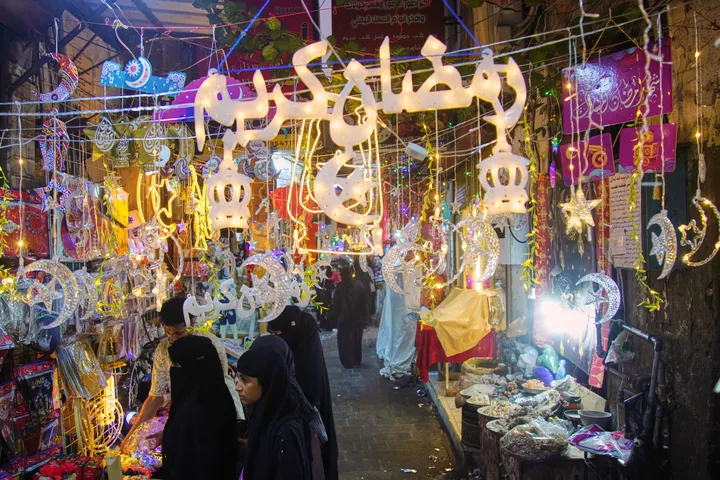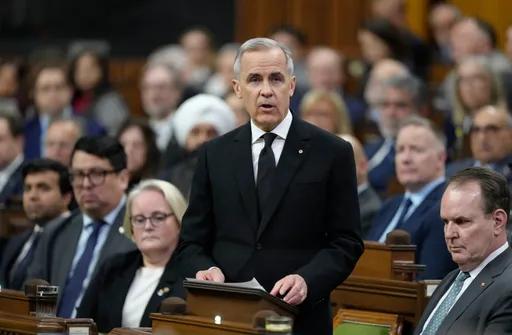European Union foreign ministers have failed to overcome a diplomatic standoff over Belarus despite an appeal by the country's main opposition leader to approve sanctions on officials accused of rigging the election last month.
Belarus opposition leader Sviatlana Tikhanovskaya travelled to Brussels to try to convince the EU to follow through on its threat to impose sanctions on some 40 Belarusian officials over the disputed August 9 vote.
A sixth straight weekend of protests against President Alexander Lukashenko's 26-year rule was not enough to sway the EU, however, even as Tikhanovskaya asked ministers to show courage.
'Unanimity not reached'
"Although there is a clear will to adopt the sanctions, the required unanimity was not reached," the EU's top diplomat Josep Borrell, who chaired the meeting of foreign ministers, told reporters, referring to EU rules that all 27 states must agree.
Greek-administered Cyprus has said it can only agree to the Belarusian sanctions when the EU also imposes sanctions on Turkey, in a separate row that has raised tensions in the eastern Mediterranean.
Paralysis damaging for EU's image
Approval is still possible by EU leaders at a summit on Thursday and Borrell said that by the next time foreign ministers meet on October 12, the sanctions would be agreed.
But he also acknowledged that paralysis was damaging for the EU's image.
"If we are not able to (approve Belarus sanctions), then our credibility is at stake," Borrell told a news conference.
The EU said in late August it would impose asset freezes and travel bans on Belarusian officials.
Tikhanovskaya also took her appeal to the European Parliament on Monday, winning support from EU lawmakers, who last week said they would not recognise Lukashenko's legitimacy when his term ends in November.
READ MORE:Dozens arrested as mass rallies in Belarus mount pressure on Lukashenko
Economic support package
The presidents of Lithuania, Poland, and Romania also said on Monday they will ask EU leaders at this week's summit to offer an economic support package for Belarus if it holds a democratic election.
That would include a favourable trade regime with the EU, visa-free travel, and support as a candidate for the World Trade Organization.
"EU leaders have reasons not to push sanctions but I asked them to be more brave," Belarus opposition leader Tsikhanouskaya, who fled to Lithuania after the election, told reporters after meeting foreign ministers.
"Sanctions are important in our fight because it's part of pressure that could force the so-called authorities to start dialogue with us in the opposition council."
Violence against demonstrators 'unacceptable'
Speaking after a number of ministers met Lukashenko's main opponent over breakfast, German Foreign Minister Heiko Maas said, "The violence that Lukashenko is exerting against peaceful demonstrators is completely unacceptable."
Maas, whose country holds the EU’s rotating presidency, said the ministers must "ask ourselves the question of whether Mr Lukashenko, the one who bears the main responsibility, mustn’t also be sanctioned by the European Union."
READ MORE:UN rights body OKs more scrutiny of Belarus over human rights abuses
Dozens facing sanctions
The EU has drawn up a list of around 40 people it could hit with asset freezes and travel bans.
The question is whether to include Lukashenko, who has repressed opposition and independent news media for 26 years in power, and refuses to talk with the protesters.
Some EU countries want to gradually ramp up pressure on him by expanding the sanctions list if he refuses to enter into dialogue with the opposition, rather than hit everyone at once.
READ MORE:Baltic states slap sanctions on Belarus over alleged election rigging






















